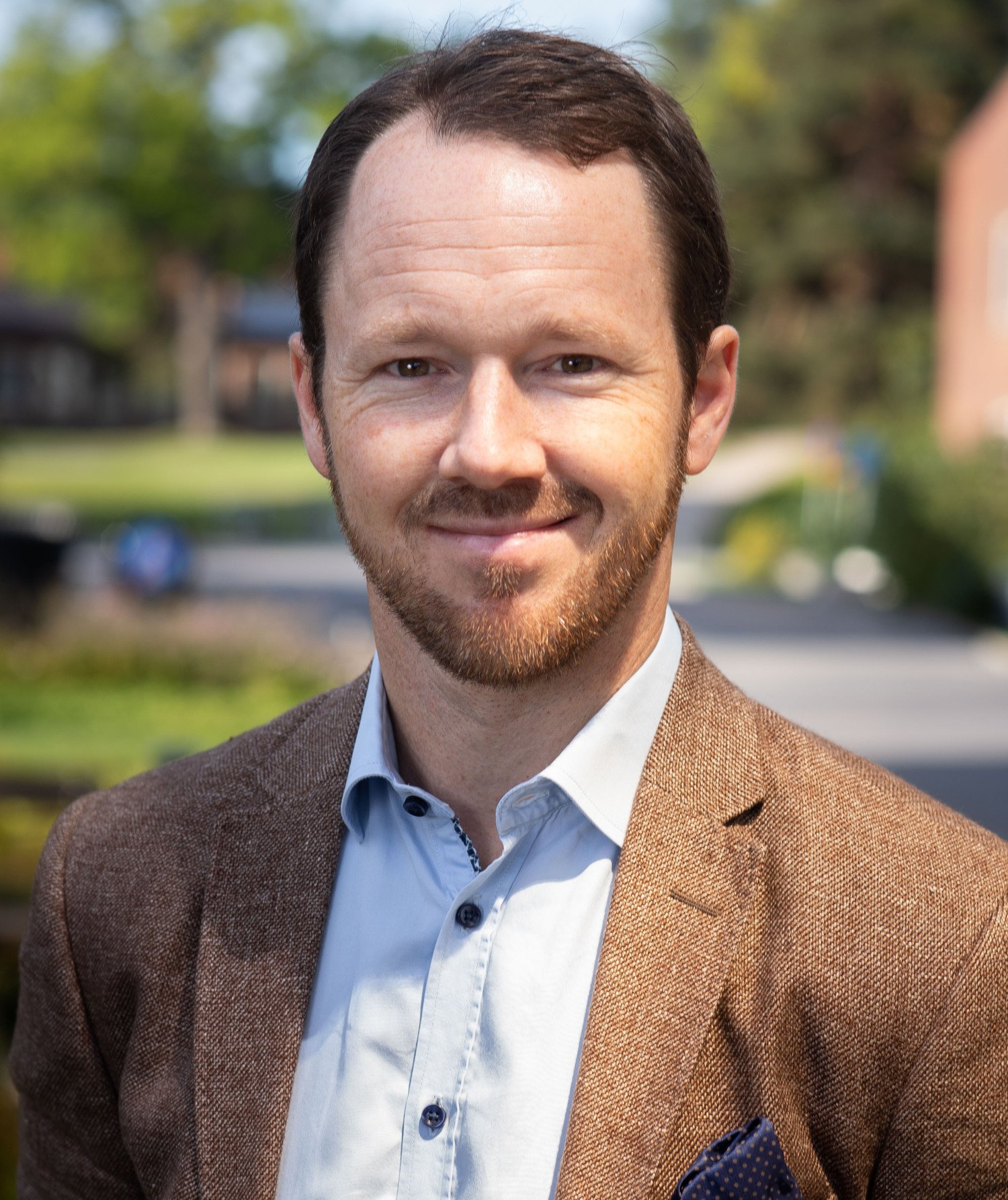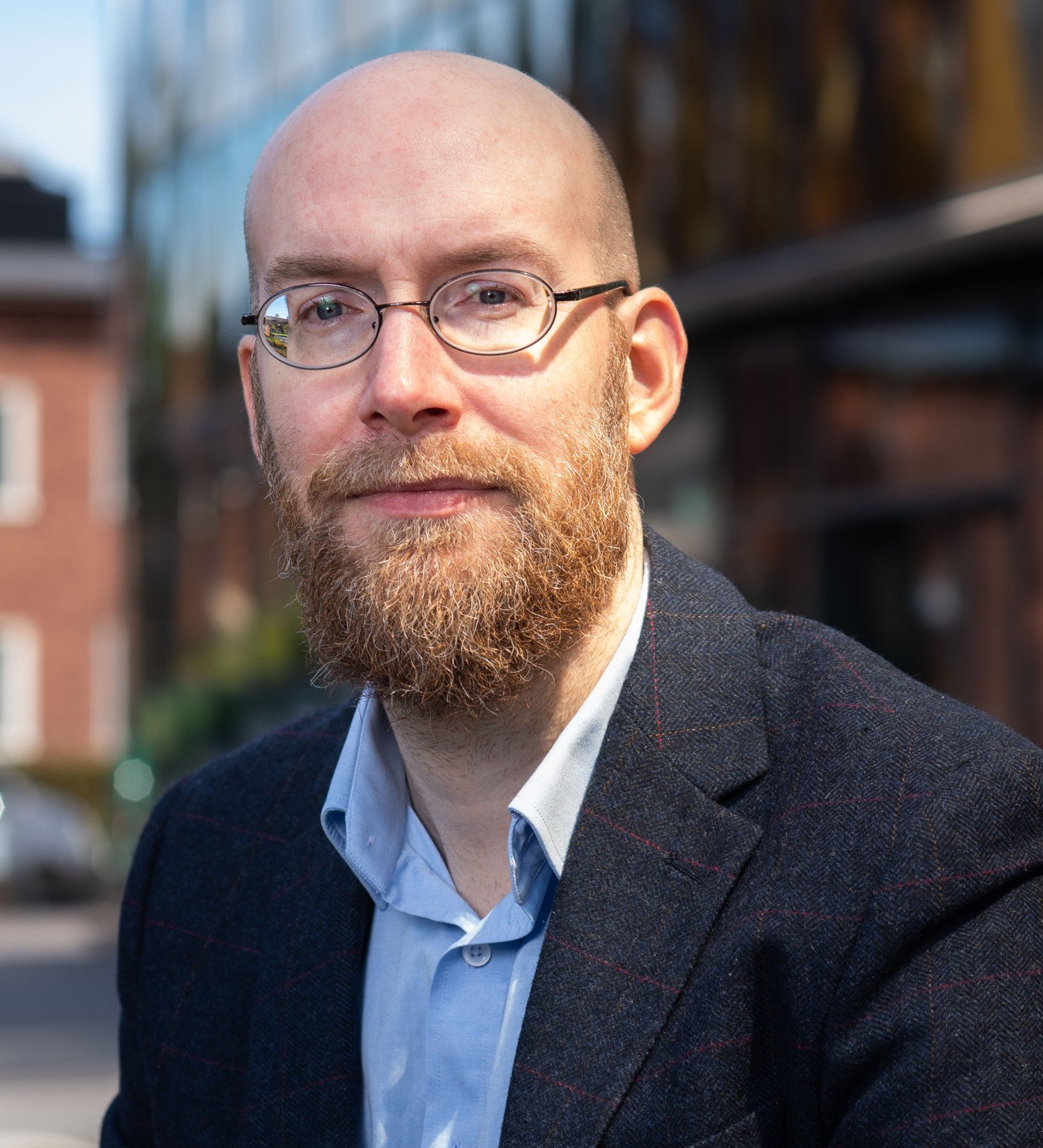Vinnova is investing in precision medicine and awarding grant funding to six innovation environments. Two of them are at Karolinska Institutet, and both focus on treating cancer. The aim of the grants is to fund efforts to bring greater precision to the diagnosis and treatment of common diseases.
With precision medicine, doctors are able to tailor prevention, diagnosis, treatment and follow-up to the unique circumstances of each individual patient, such as their genetic profile and specific biomarkers.
KI has invested in precision medicine itself over the past few years, with initiatives including the establishment of the Precision Medicine Centre Karolinska.
Vinnova, the Swedish governmental agency for innovation systems, has now announced a three-year funding package worth a total of SEK 95 million to be shared by six innovation environments in precision medicine.
Two of the environments are at Karolinska Institutet, and will be sharing approximately SEK 32 million:
- Swedish AI Precision Pathology II (SwAIPP2) is developing a faster and more accurate cancer diagnostic tool using AI-based image analysis.
- Proteome Medicine Sweden is working to improve decision support in the choice of cancer treatment using proteomics (protein science).
AI-assisted cancer diagnostics
The three-year-old SwAIPP environment is workingwill now work together with the Västra Götaland, Umeå and Uppsala regions to develop and implement advanced AI analysis for diagnosing breast cancer risk-stratification.

"In pathology, microscopes are now being replaced by digital workflows, and Sweden is leading the way" says project coordinator Professor Johan Hartman of the Department of Oncology and Pathology. "This allows us to replace many of the moleculular methods in cancer diagnosis with faster, cheaper and equally good methods using AI-based image analysis."
The SwAIPP environment develops medical device products for clinical use.

"AI solutions for clinical use have very different needs compared to those of normal academic research environments," says the project's coordinator Mattias Rantalainen, docent at the Department of Medical Epidemiology and Biostatistics. "It involves liaising with academia, industry, healthcare and patients and we'll now be developing this collaboration with SwAIPP2."
The researchers say that the funding from Vinnova will mean a great deal to academic research at KI:
"We'll be able to develop new AI solutions and work with other types of cancer than breast cancer. It'll also make it easier for the regions to get the systems up and running."
Choice of cancer treatment using proteomics
The Proteome Medicine Sweden project is developing the use of proteomics, an umbrella term for the techniques and methods of analysing proteins in biological samples.
The idea is that knowledge of how cancer drugs affect the proteome will eventually enable doctors to select the most effective treatment for individual patients.
The project is being run with Karolinska University Hospital and its counterparts in Lund and Gothenburg.

"We want to turn proteomics into a diagnostic tool allowing us to analyse clinical samples and initiate clinical studies that use it for biomarking," says project coordinator Professor Janne Lehtiö of the Department of Oncology and Pathology at Karolinska Institutet. "This is an implementation project in which we're trying to produce a new type of analysis, first for use in research and then as part of clinical procedure. We're taking a systematic approach by working collectively."
Professor Lehtiö cannot stress the importance of the Vinnova grant enough:
"It gathers skills from around the country and allows us to focus for three years and to consolidate our plan. We're seeing fantastic new cancer drugs these days but we find it hard to piece them together into effective therapeutic combinations. We're convinced that proteomics can make a huge difference here."






